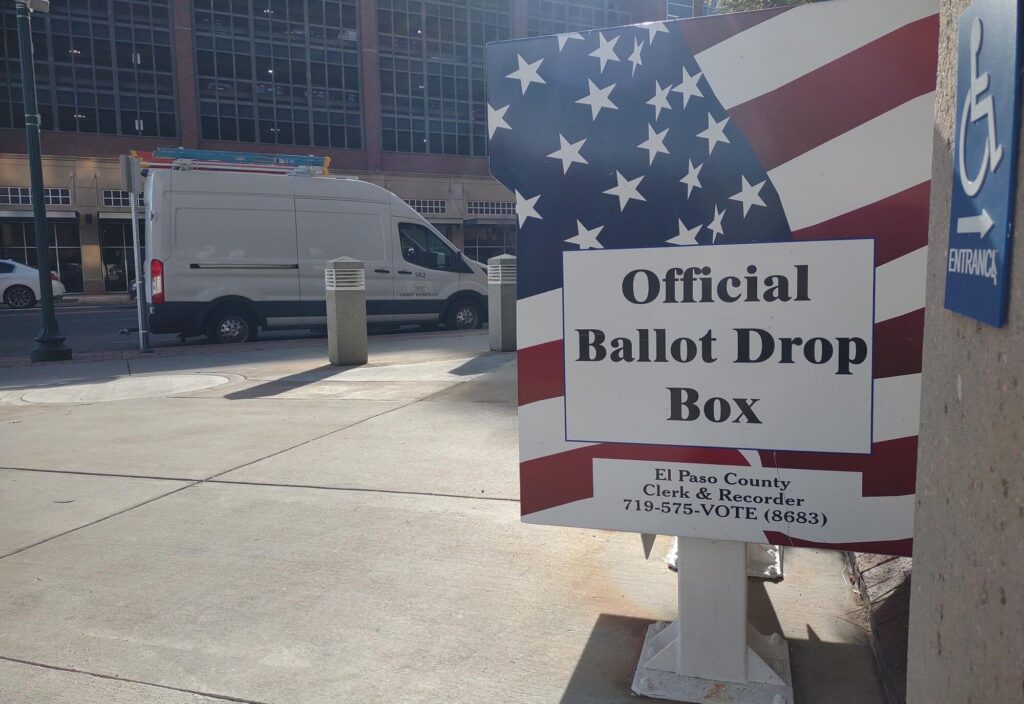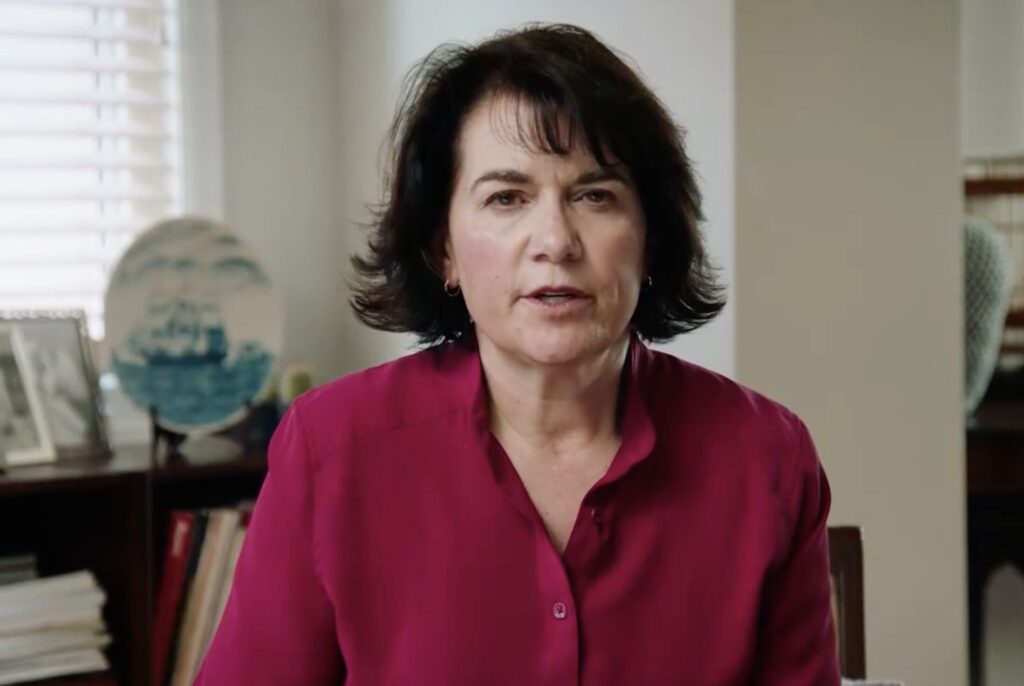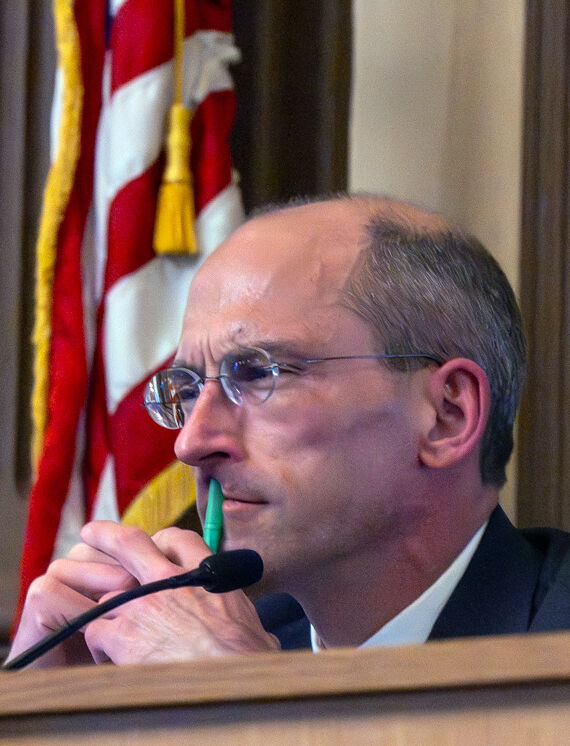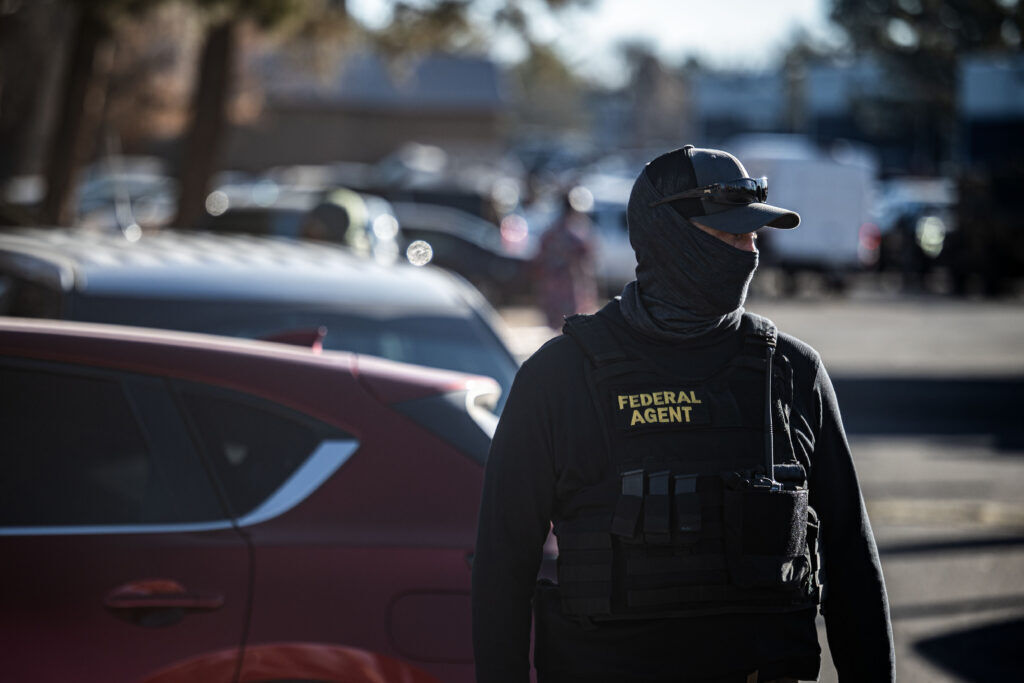Colorado bans use of handheld cellphones while driving | HERE’S WHAT YOU NEED TO KNOW
Next year, Colorado will join 27 other states in prohibiting the use of cellphones while driving. Although it is already illegal for drivers under 18, extending this prohibition to adults has been a years-long effort in the state, according to Colorado State Patrol Legislative Liaison Capt. Michael Honn.
“This was a priority for not only the governor’s office, our office, and the Department of Transportation, but also a few other stakeholders involved that were really pushing this initiative in trying to curb the fatal and injury crash rate,” Honn said. “This year, we finally were able to get it through and approved.”
Senate Bill 065 bans the use of handheld cellular devices while driving, with some exceptions. The bill was sponsored by Sens. Chris Hansen, D-Denver, and Rhonda Fields, D-Aurora, and Reps. Meg Froelich, D-Englewood, and David Ortiz, D-Littleton.
Here is what drivers should know before the signed law goes into effect on Jan. 1.
Drivers can face fines of up to $250 for violations
The penalties for using a handheld device while driving vary depending on the number of prior offenses. A first violation is a $75 fine and two license suspension points. Upon the second violation, that fine is doubled, and the driver receives three license suspension points. A third violation incurs a $250 fine and four license suspension points.
In Colorado, a driver’s license can be suspended for six months to a year if 12 or more points are accumulated in a year or 18 or more points in two years.
First-time violators can have their citations dismissed if they provide proof that they have purchased a hands-free device. All subsequent violations are ineligible for dismissal.
Exemptions for emergencies, certain professions
There are several instances in which a driver can use a cellphone and not receive a citation, such as to report an emergency or perform duties as a first responder or law enforcement or animal control officer. Using a handheld device in a parked car is also okay.
It’s about saving lives
According to a Colorado Department of Transportation survey, 76% of Colorado drivers reported using their phones, either hands-free or handheld, while driving. Distracted driving results in over 15,000 crashes each year in Colorado, some of which are fatal. Cellphones are just one of many potential distractions for drivers, but they are also one of the most preventable. While voluntary compliance is crucial, Honn noted that the threat of a citation should further incentivize drivers to keep their eyes on the road and off their phones.
“I do think that ultimately this bill will end up saving lives,” he said. “Having a hands-free law will save lives because people will understand that distracted driving and having a phone in your hand is dangerous driving. We want folks to focus on their surroundings and their driving behavior and not have the distraction in their hand – that kind of behavior is now illegal in Colorado.”
Wendy Forbes, director of strategic communications and outreach for the Colorado Department of Public Safety, added that the new law will also impact young Coloradans, as children often observe and mimic their parents’ driving habits, for better or worse.
“I feel like this is such a great opportunity for the state of Colorado,” she said. “Starting young and modeling the right behavior from day one with our youngest passengers is going to eventually lead to a much safer Colorado. By learning how to put that phone out of reach and not having it in your hand, you’re showing something to your kids, and you’re teaching them something every single time you drive.”
Because the law will not go into effect until January, state agencies will have time to disseminate a marketing campaign required under the bill to inform Coloradans of the upcoming changes to the law.
“We’re really looking forward to rolling that out and seeing what it looks like and touching as many people as we can to educate them before [the bill] is live, and perhaps changing the behavior so that we can get that voluntary compliance and don’t necessarily have to write tickets,” Honn said.











